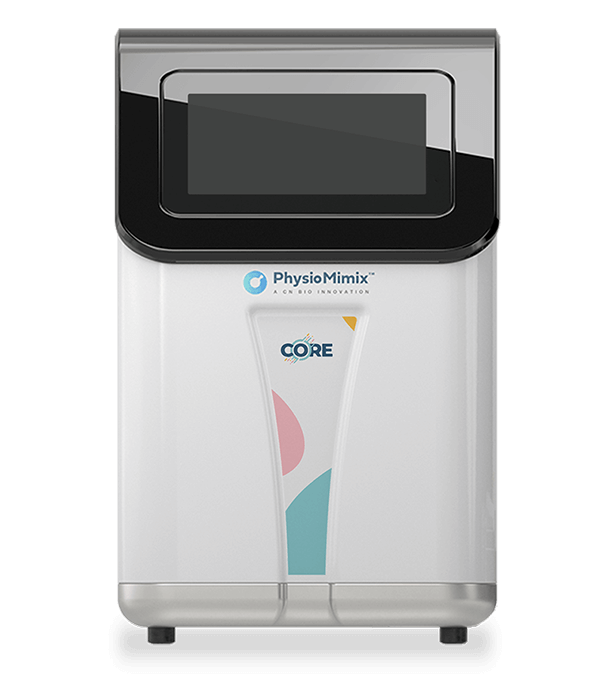Resource > Webinars >
Beyond hepatotoxicity red flags
How predictive human liver models support flawed drug recovery to reduce pipeline attrition
Filed under: DILI, Immune-mediated liver injury, and Safety toxicology

Video content if present
Standard preclinical approaches are poorly predictive, particularly for drugs eliciting human-specific toxicity or idiosynchratic DILI. In this webinar, Dr. Anthony Berger, a Field Application Scientist at CN Bio will discuss how liver-on-a-chip (LOAC) cocultures of primary hepatocytes offer a solution.
By more accurately recapitulating organ-level functionality, they provide a way to predict acute, chronic, and idiosyncratic human drug toxicity and understand the mechanism behind the cause. He will review how to date, ease-of use, throughput and cost limitations have restricted the widespread use of organ-on-a-chip (OOC) technologies, but next-generation solutions enable their human-relevant insights to be actionable earlier than ever before.
Key learning objectives
Discover how to:
- Address poorly met areas of preclinical toxicology using advanced human in vitro models
- Generate mechanistic signatures of toxicity to understand the cause
- Gain human-relevant insights early enough to recover flawed candidates
- Derive clinically relevant measurements to improve data translatability
Note. From October 2025, PhysioMimix® OOC Single-organ, Multi-organ, and Higher throughput (HT) Systems mentioned in the broadcast have now been replaced by a universal PhysioMimix Core microphysiological system.


